Professor Arshin Adib-Moghaddam, Chair of the Centre for Iranian Studies at the London Middle East Institute believes that “The “Hormuz Peace Endeavour”, as any other diplomatic initiative, can only be sustained strategically, rather than short-term and tactically, if it is accompanied by a sustained effort to create trust and to establish institutionalised forms of dialogue that prohibit and if necessary punish military interventions.”
Professor in Global Thought and Comparative Philosophies and Chair of the Centre for Iranian Studies at the London Middle East Institute, also adds that “Iran and the Persian Gulf states are far away from this opportunity.”
Here is the full text of the interview.
Mohammad Javad Zarif and Abdullah Al-Nahyan, Foreign Ministers of Iran and the United Arab Emirates, in a video call, while congratulating on Eid al-Ghorban, discussed the need to strengthen bilateral cooperation in the fight against the coronavirus and on bilateral and regional issues. This conversation has been rare in recent years. What is the significance of this conversation?
In my first book published in 2006, The International Politics of the Persian Gulf, which was also the first study of the region from an IR perspective, I argued that at the deep structure of the sub-system in this area of the world, there exists a “culture of rivalry”. I defined this term as an interaction that is occasionally confrontational, but that does not yield hot wars or direct military confrontations between the littoral states of the Persian Gulf. I think this culture of rivalry has not been overcome and it is within this context that the current dialogue between the UAE and Iran must be analysed. Both countries operate within a neighbourhood beset by distrust and competition, where there is no real common goals or strategy. The same applies to this spat of talks between the UAE and Iran – if the deep structure of the regional sub-system does not move towards trust and a culture of peace and human security, ad-hoc talks like this will fizzle out, and there will be recurrent periods of proxy-conflicts.
In this regard, Iranian Foreign Minister Mohammad Javad Zarif wrote in a Twitter post: "I had a very serious, frank and friendly video conversation with Mr. Abdullah bin Zayed, the Minister of Foreign Affairs of the United Arab Emirates, about Corona as well as bilateral, regional and regional issues. In this dialogue, we agreed to continue the dialogue based on HOPE (Hormuz Peace Endeavor), given the difficult challenges and more difficult choices that the region is facing. In your opinion, to what extent can the “Hormuz Peace Endeavor” accompany the UAE and be the basis for talks?
The “Hormuz Peace Endeavour”, as any other diplomatic initiative, can only be sustained strategically, rather than short-term and tactically, if it is accompanied by a sustained effort to create trust and to establish institutionalised forms of dialogue that prohibit and if necessary punish military interventions. Iran and the Persian Gulf states are far away from this opportunity.
In recent months, the foreign ministers of Iran and the UAE have gradually resumed their contacts, and the foreign ministers of the two countries called each other last March. What is the reason for the resumption of relations between the two countries? Is it related to the UAE and Saudi Arabia conflict in Yemen?
There are several factors and they are all tactical and unrelated to a sustainable strategy for regional peace. The UAE is wary of several developments that are typical for rival systems: Turkey as an increasingly potent pole in the regional sub-system, with closer military relations with Oman and Qatar. Disagreements within the GCC, including with Saudi Arabia over Yemen and the incompetence of the Trump administration in its dealings with the region, including a lingering fear that the US military umbrella is vulnerable to change within US domestic politics.
According to some news that has not been officially confirmed yet, Turkey is planning to build a military base in Oman. What effects does this have on the security order of the Persian Gulf? An order in which Oman, while defining its security relations under the United States and with a tendency towards Turkey, is practically against Saudi Arabia and the UAE?
Again, these are typical developments within that culture of rivalry that I fully conceptualised in “The International Politics of the Persian Gulf”. States are balancing against threats because at the ideational root of the regional sub-system there has not been any systematic movements towards peace and diplomacy, where distrust and suspicions would be minimised. Turkey is part of the mix, now and in many ways, this was inevitable given the country’s historical relations with the Persian Gulf and beyond. But the problem is exactly implicit in your question. All the actions of the stakeholders in the Persian Gulf are beset by a culture of distrust. So the perception of any new actor will provoke suspicion and insecurity exactly because of that absence of communitarian policies. I have theorised ways out of the impasse in my forthcoming study “What is Iran?” which will be published by Cambridge University Press very soon.
Interview by Javad Heiran-Nia


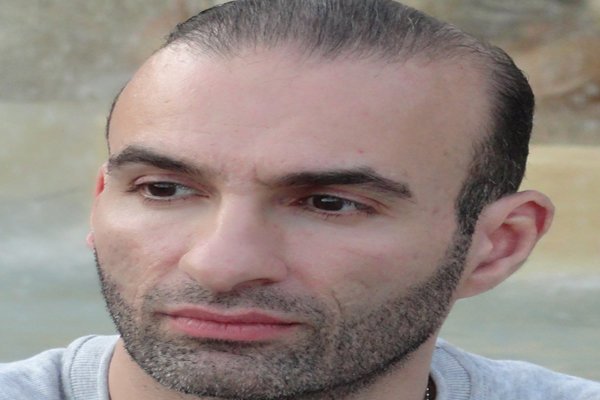
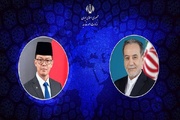
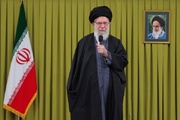
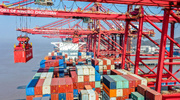
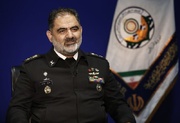
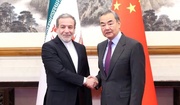
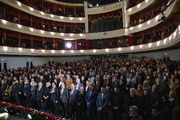

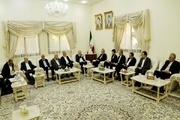
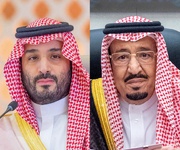
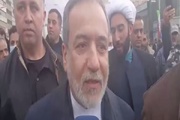





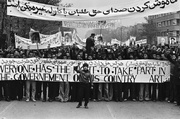



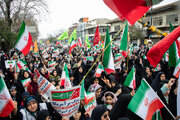
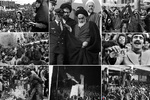
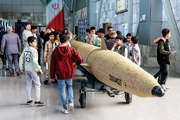

Your Comment